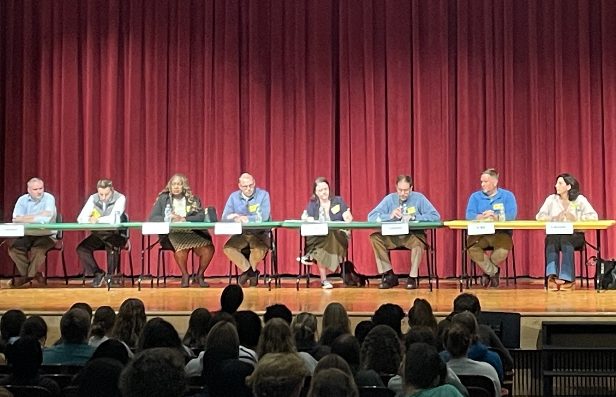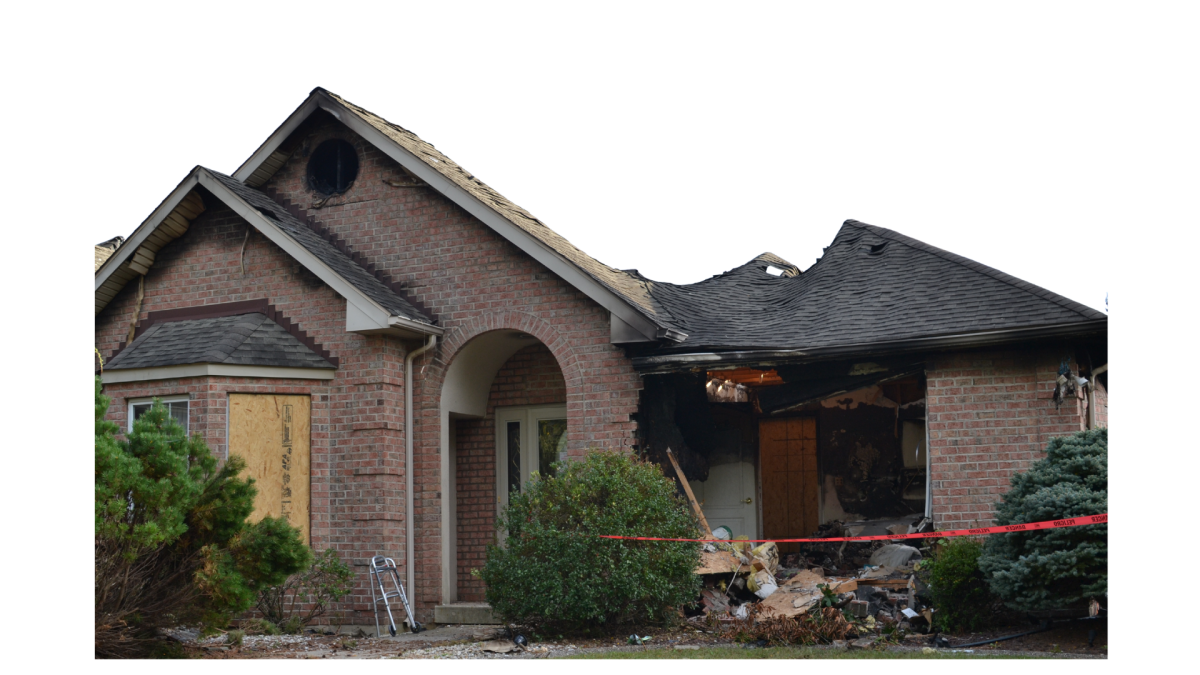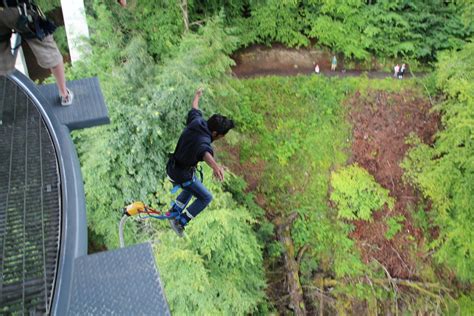This story previously ran in our October 2023 print issue.
On Nov. 7, voters will head to the polls to vote in the general election, choosing leaders for school board members and magisterial district judges. Many residents of East Penn, including current board members, past members, and candidates recall no election as polarized as this one.
A bipartisan slate composed of Gabrielle Klotz, Shonta Ford, and incumbents Joshua Levinson and Jeffrey Jankowski is running against a Republican slate of Angelic Schneider, Paul Barbehenn, Kristofer DePaolo, Matthew Mull, and Lawrence Huyssen.
Several significant issues have come to the forefront of this election, including student safety, College Preparatory and General Preparatory course detracking, and student mental health. In December 2022, the school board voted to eliminate GP courses from the schoolwide curriculum — a motion that was met with harsh criticism from students, parents, and teachers alike. Now, candidates debate whether the controversy surrounding the decision is a reflection of transparency in the school board.
Most candidates from both slates agreed that the detracking was a rushed decision, and ignored input from teachers and students – a significant opinion when it comes to removing an entire course level.
Republican Paul Barbehenn expressed concern at the process the district implemented to decide on whether or not to do the detracking.
“It was unclear to me why we were doing this on the timetable that it was being done, and then when you started to see teacher after teacher stand up and say either ‘this is a bad idea’ or ‘it’s too rushed.’ And for the board to not really give the issue a fair hearing was disappointing. As I understand it, Dr. Levinson refused an invitation from the teachers to sit down and have this conversation. I believe he described it as he felt it would have been inappropriate. I think what’s inappropriate is not considering all the feedback.”
Incumbent and board Vice President Jeffrey Jankowski stood in vehement opposition to detracking, as he too believes the action was not given enough consideration.
“I still wish that we didn’t do it,” Jankowski said. “I’m not necessarily against the detracking action. I just thought there should have been more communication and more collaboration with the teachers. That being said, now that the decision has been made, I’m going to do everything I can to support the decision and make sure that it’s done the right way. And I think that’s what an effective board does.”
Current EPSB President Joshua Levinson – the only candidate clearly in favor of the detracking — also admitted the decision did come about rather quickly, but he still stood by his original decision.
“A big motivation for bringing in detracking was to try and help students and help student performance in that regard, which has been demonstrated elsewhere,” he said. “It’s just a matter of how well we can fit it into what we do here at East Penn.”
While Levinson and Jankowski disagree on some decisions such as CP/GP detracking, they both feel the board has always been as transparent as possible with the community. However, not all candidates feel the same.
Republican candidate Matthew Mull highlighted the lack of transparency regarding the school board’s past actions, and more specifically the lack of openness towards the the EPSD decision in 2014 to make Willow Lane Elementary School a “walking school.”
“I don’t think there’s a good transparent process with our school board, and our school district, all the way from kindergarten all the way up through high school,” Mull said. “I’ve seen this as early as when my youngest was in kindergarten, [10] years ago. It started for me, seeing when Willow Lane announced that they were no longer a fully transportation school and became a walker school. And we’re still dealing with the repercussions of that decision and how it was implemented.”
Mull was referring to the decision implemented in the 2013-14 school year, in which the school board removed public transportation for those who lived in a 1.5 mile radius of Willow Lane Elementary School.
“So to me that all comes back to the decision making process,” Mull said. “Speaking for myself, it really goes back to being open and honest and transparent.”
However, candidates on the opposing slate such as Jankowski, Levinson, and Klotz pointed out that all public documents relating to the school board, their actions, and their meetings are a matter of public record and available to anyone. The school district publishes board minutes and agendas on its website, as well as streaming and uploading school board meetings to YouTube.
Specifically concerning transparency, student safety has been a large talking point this election. Several candidates backed by the Your Voice on the Board (YVOTB) PAC in particular hold the view that the current board does not focus enough on the issue.
“I think with the safety and security of the schools, they [the school board members] are not transparent with the community,” Springhouse Middle School teacher and YVOTB candidate Angelic Schneider said. “I’ve listened to several parents come to the board meetings and speak about the violence at Emmaus High School… I’ve seen the [EHS] Fight Club [Instagram page] and that’s disturbing to me.”
Schneider also claimed that police were called several times to Shoemaker Elementary School, “due to a student trying to run away and another student throwing chairs.” She added. “They want to continue to say that there aren’t discipline problems and every school has [them], it’s not a big deal,” Kristofer DePaolo, CEO of Werner & Co. Accounting and Tax Services and another candidate backed by YVOTB, agrees with Schneider. He believes one solution to this problem is to add more School Resource Officers (SRO) to the district.
“My understanding is there’s only one [SRO] for the whole entire district and that person resides pretty much in just the high school,” DePaolo said. “I went to Freedom High School, which was certainly smaller than what Emmaus is now, and we had three security resource officers and they were entrenched in our community of the school.”
As a sittting board member, Levinson believes current measures are adequate, but remains open to adding more SROs.
“I think it’s certainly an option that we need to look at,” Levinson said. “To put more SROs into the district, it is a process because you have to work with
local law enforcement, bring those personnel and make them available, and it takes some time to get through but if it has the right justification in place it will be something that I would support.”
Despite their willingness to allocate more funds to SROs in the district, both Levinson and Jankowski refute allegations of the board not focusing adequately on safety.
Jankowski called YVOTB’s claims “a patent lie,” emphasizing the importance the school board puts on student and faculty safety.
“One thing that people don’t understand is the administration and school board is focusing an immense amount of time and effort on safety. We can’t talk about that at board meetings. We can’t tell people ‘this is what we’re doing to protect our students.’” Jankowski cited fears of ill-intentioned people knowing about the school’s student safety plans as the board’s reasoning for not directly revealing such information publicly.
Aside from safety, another issue that remains central to the conversation regarding transparency is representation and diversity within East Penn schools.
Results of the 2021 Panorama Diversity and Equity survey showed students did not feel represented within their school. The topic of highlighting diversity has grown more and more prevalent within the school board.
Democrat Gabrielle Klotz emphasized the importance of diversity and awareness of other cultures to an effective education, promoting herself as a “pro-education” candidate.
“I am all about learning about other cultures. I think that that’s one way to promote tolerance and to have students feel supported,” Klotz said. “We want a safe and welcoming environment for students. We want a good engaging curriculum. So to me, that’s pro-education.”
Republican Tim Kelly of the bipartisan slate stated his satisfaction towards what the school board and district as a whole has done to address concerns about diversity.
“The teachers are saying [that] the students are constantly being asked to help with more and do more. I think we’re providing, as a district, very good resources, and I think we’re doing what we can,” Kelly said. “It’s kind of hard to say what else we should be doing. Without having an idea of what resources we have.”
Democrat Shonta Ford, owner of Indigo Blooms Co., an event planning company, also noted the importance of diversity and inclusion within schools.
“It’s amazing to me because if you worked in any place where there’s a lot of people — I don’t know of any job that you go in where everybody’s the same. [Stores] have rules in place to make sure that you treat everyone with respect and that you’re not violating anyone’s civil rights. And I don’t think that school should be different,” Ford said. “Even though you might not be of the age yet to vote. I still think that you should have the same human rights that everyone else has, and that nobody should be treated differently.”
Ford also believes her prior experience as a member of a crisis response team prepared her well for the communication and cooperation aspect of a position on the board.
“There has to be someone who can build questions quickly. I was that person,” Ford said. And I think that’s a good skill to have if you’re going to run for any type of public office because people are always going to ask you questions, and you have to be the type of person who can answer quickly.”
Additionally, Ford believes that as an African American woman, she brings much needed diversity to the school board in order to better represent families who reside in the district. Candidates from both slates, while majority white, expressed a keen interest in maintaining the district’s Diversity, Equity, Inclusion initiatives.
As the race culminates in the general election in one week, voters will have to consider these opinions, along with the candidates’ knowledge of the school board, in order to elect a qualified board.






